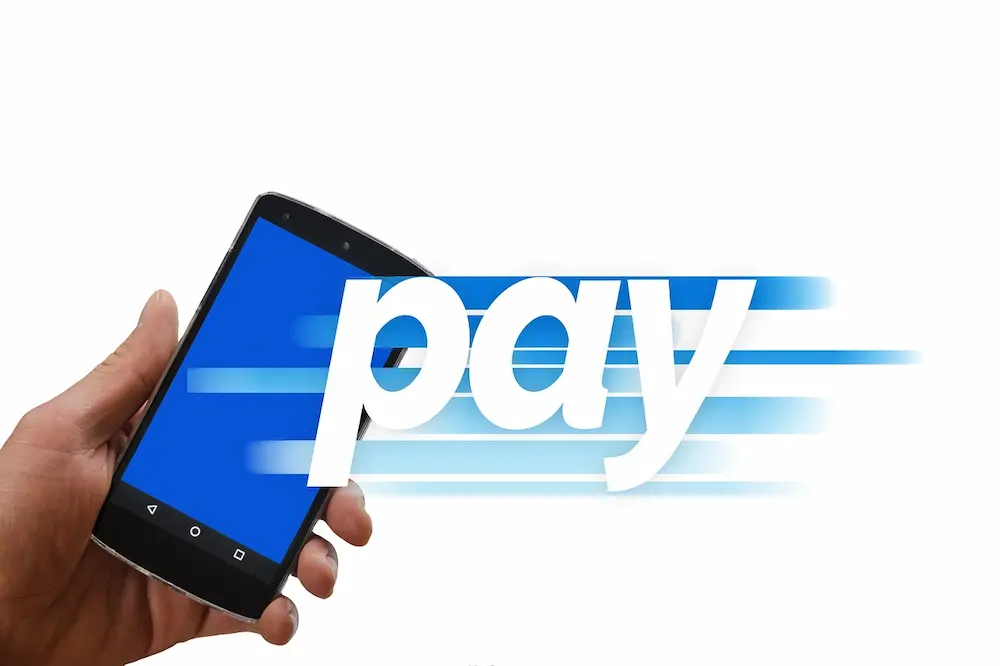In an increasingly digital world, the seamless transfer of funds lies at the heart of every transaction. The flow of money is not just about the exchange of currency; it represents a complex cyber ecosystem of technology, security, and user experience. For businesses, understanding and leveraging this infrastructure can be the difference between operational smoothness and breakdowns that lead to customer dissatisfaction. This comprehensive guide explores how the payment process infrastructure works in the tech age and how businesses can navigate it to their advantage.
Consider the Role of Payment Facilitators
Payment facilitators, often termed “PayFacs,” are crucial in streamlining transactions for merchants and consumers. They act as intermediaries, simplifying the onboarding of merchants into the payment ecosystem and managing the nuances of processing payments. Instead of individual businesses establishing complex relationships with banks or larger merchant service providers, PayFacs undertake this responsibility, minimizing the administrative burden and lead time.
By doing so, they offer smaller businesses the opportunity to accept various payment methods without needing a direct merchant account. One can read more about a payment facilitator and its instrumental role in the tech-savvy marketplace to understand how companies can harness these benefits. Furthermore, PayFacs ensures compliance with the myriad of payment industry regulations, providing a layer of financial security and fraud prevention.
Become Familiar with Payment Gateways
Payment gateways serve as the digital doorway through which financial transactions pass during the online shopping process. They encrypt sensitive information, ensuring that customers’ payment details are securely transferred from the merchant to the acquiring bank. These gateways facilitate the authorization of transactions and help maintain the integrity of the payment system by adhering to industry security standards like PCI DSS.
For merchants, selecting the right payment gateway is critical as it impacts both the user experience and the success rate of transactions. Moreover, compatibility with various payment methods and ease of integration into existing systems is vital when choosing a gateway. Understanding the functionalities and benefits of payment gateways helps businesses provide more secure and efficient customer services.
Study the Role of Payment Processors
Payment processors, also known as merchant acquirers or acquiring banks, act as the bridge between merchants and financial institutions. They handle the authorization, clearing, and settlement of transactions, ensuring that funds from customers’ accounts reach the merchants’ bank accounts timely. Payment processors are responsible for routing payments to the appropriate issuing banks and facilitating communication among all parties involved in a transaction.
Understanding the role of payment processors is crucial for businesses as it helps them manage their cash flow and minimize losses due to failed or fraudulent transactions. By partnering with reputable payment processors, merchants can enhance their transaction success rate and ensure timely access to funds.
Learn About Compliance Standards
Compliance standards are rules and regulations governing the payment industry, established to protect consumers and maintain the financial system’s integrity. The Payment Card Industry Data Security Standard (PCI DSS) is one such standard that outlines security requirements for businesses that handle customers’ card data. Other compliance standards include anti-money laundering regulations, Know Your Customer (KYC) protocols and data privacy laws.

Compliance standards are an integral part of the payment process infrastructure, and businesses must adhere to them to safeguard their customers’ financial information and maintain trust in the system. Failure to comply can result in hefty fines and reputational damage for businesses.
Explore Merchant Accounts
Merchant accounts are established business bank accounts that enable companies to accept and process electronic payment card transactions. These accounts are set up through an agreement between the merchant and an acquiring bank, facilitating funds transfer from card-issuing banks. An essential e-commerce component, merchant accounts work behind the scenes to ensure that transactions are processed smoothly, settled, and funded to the merchant’s primary bank account.
They differ from traditional bank accounts due to their capability to authorize payments and manage the risks associated with payment processing. For businesses looking to expand their payment options, setting up a merchant account is a step toward accommodating customers’ preferences for cashless transactions. Understanding the structure and fees associated with merchant accounts is imperative for businesses to manage operational costs and refine their billing systems effectively.
Analyze the Importance of User Experience
While technical payment infrastructure is crucial, user experience is equally vital. Businesses must prioritize a smooth payment process to meet high expectations. This involves offering diverse payment methods, ensuring fast, secure transactions, and optimizing checkout to reduce abandoned carts.
By conducting user testing and incorporating feedback into their payment systems, businesses can continuously improve the user experience and increase customer satisfaction. Additionally, a positive payment experience can increase customer loyalty and repeat business.
Understanding the infrastructure of the payment process is crucial in the tech age. It is a domain that impacts businesses and individuals daily, influencing everything from how we shop to nations’ economic policies. As technology continues to break new ground, those who stay informed and agile in their approach will be best positioned to succeed in the evolving world of transactions.









